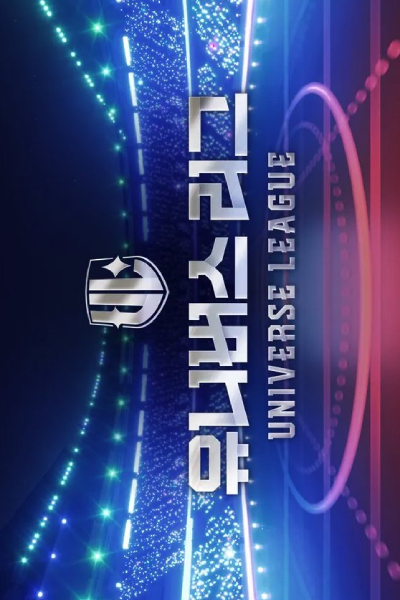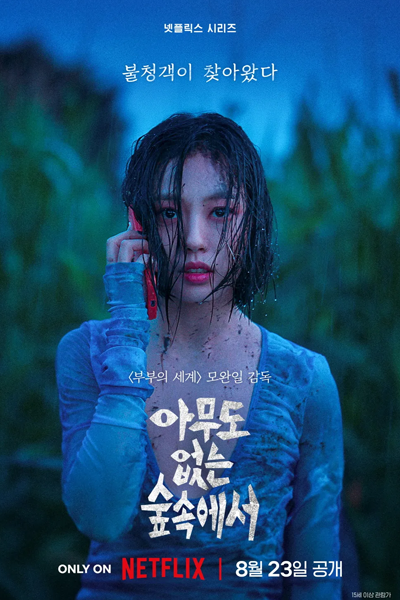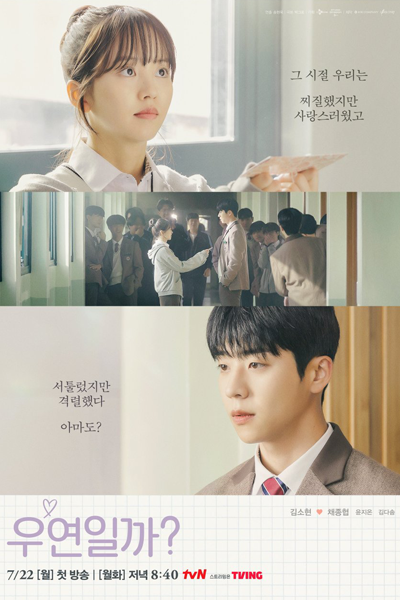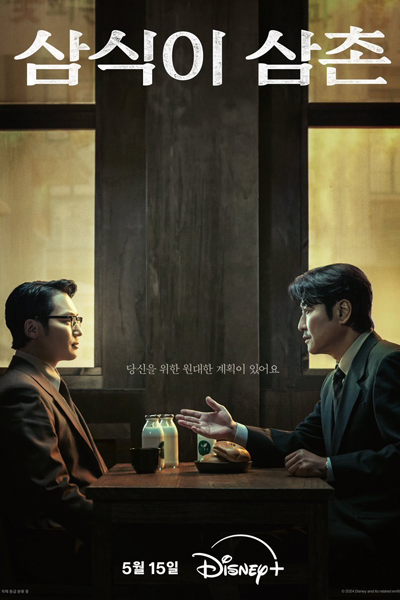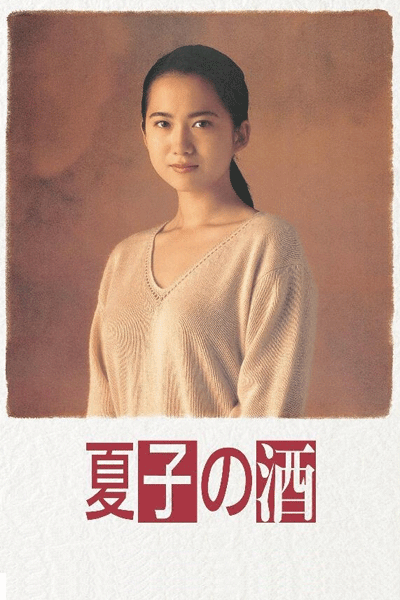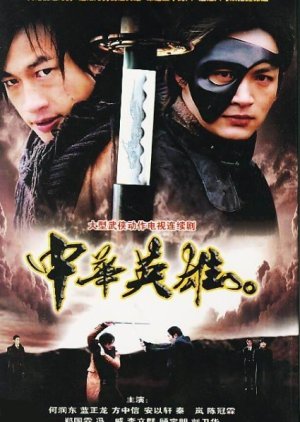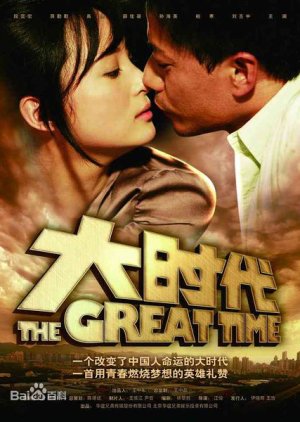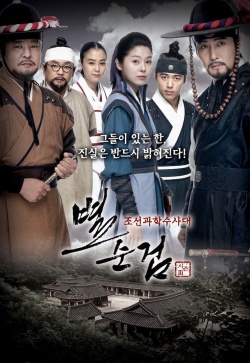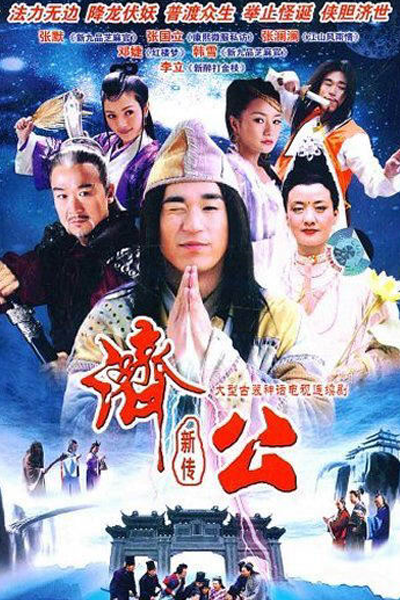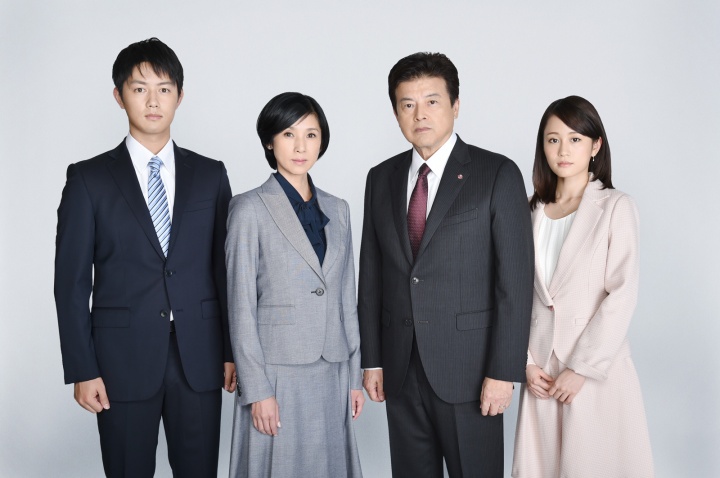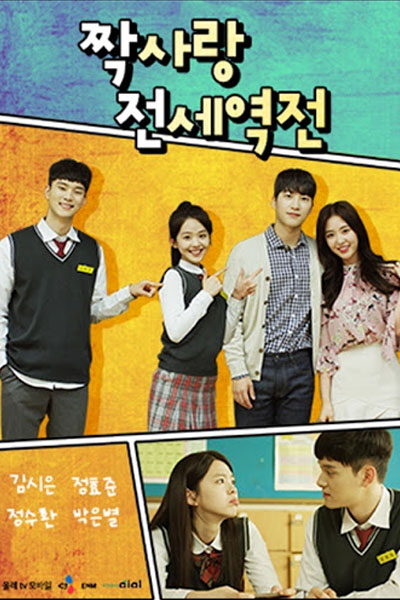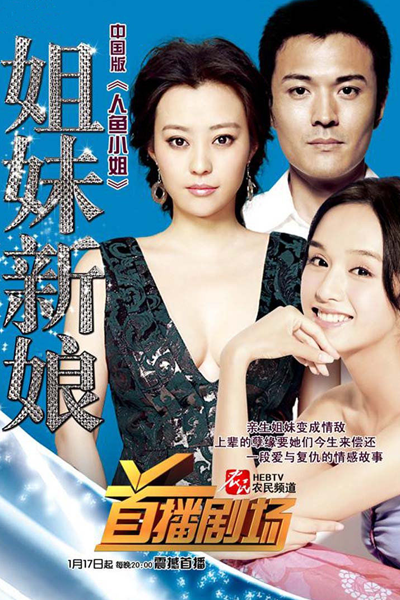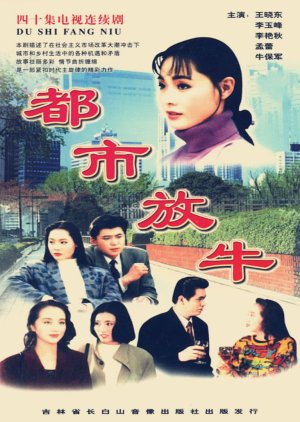
Name:
Du Shi Fang Niu (1995) (1995)
Other name: 都市放牛 , Urban Cattle,
Cast:
Genre: Romance
Country: Chinese
Release year: 1995
Status: Completed
Comment
RANDOM
-
Ep 11 SUB
Natsuko no Sake (1994) (1994)
-
Ep 40 RAW
The Legend of Hero (2005) (2005)
-
Ep 33 RAW
The Great Time (2011)
-
Ep 20 SUB
Chosun Police Season 3 (2010)
-
Ep 30 RAW
Ji Gong Xin Zhuan (2006) (2006)
-
Ep 9 RAW
Shukatsu Kazoku (2017)
-
Ep 8 SUB
Crushes Reverse (2018) (2018)
-
Ep 35 SUB
Jie Mei Xin Niang (2010) (2010)

